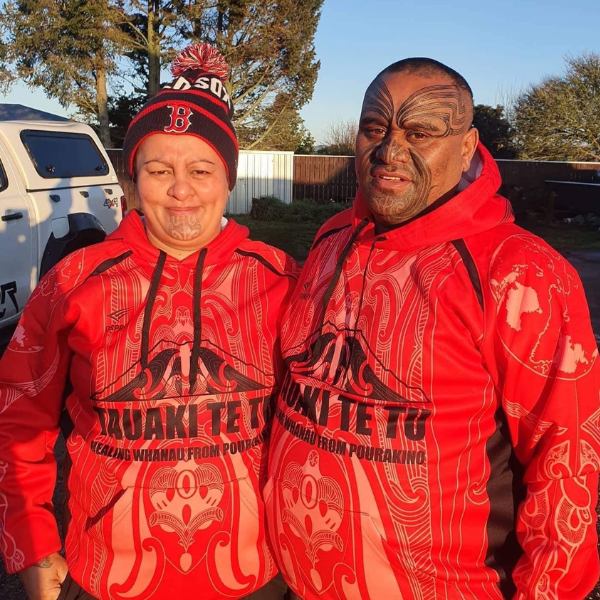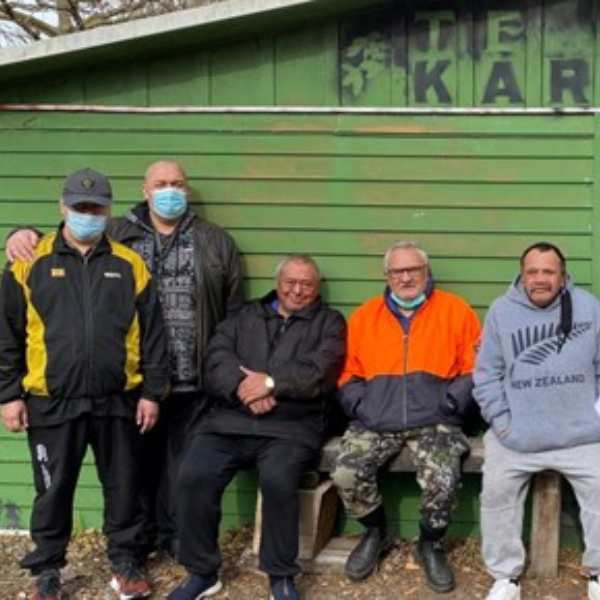Whare Tukutuku
Whare Tukutuku is the National Addiction Centre that sits within the korowai of Te Rau Ora. Our approach is to elevate an alcohol and other drug (AOD) workforce that is whānau-centred and community-focused. We awhi whānau who mahi in the alcohol and other drug space to improve equity of care. The kaupapa encourages pou whānau to be part of a workforce that is connected to other whānau within their rohe. Whare Tukutuku appreciates the absolute importance of whānau working within their hapori, in places that acknowledge whānau mana, rangatiratanga, and connection to whenua.
Our Priorities
Rangatiratanga: Leadership – Build and maintain a national leadership voice for Māori AOD harm prevention and addiction-related challenges. This includes an expert oversight group known as the Roopu Whakahaere and a national Māori addiction leadership group.
Mātauranga: Workforce – Develop a training programme for primary care kaimahi that integrates mātauranga Māori as part of best practice when working with whānau.
Wānanga: Community Engagement – Engage with communities to build capacity and capability to reduce AOD harms through the facilitation of addiction wānanga.
Rangahau: Research and Evaluation – Research and evaluation throughout, to ensure continuous improvement and evidence-based value is added to the addiction workforce.
Pātaka: Centre, Platform – Establish community networks and engagement that will include resources and community-led initiatives.
Kotahitanga: Identify opportunities to extend and connect through indigenous relationships, and unite to come together for the common and greater good.
Social Media
Events
2 Cameron Street, Kaiwharawhara
Wellington
+64 4 473 9591 or 0800 628 284
communications@terauora.com
About Us
To improve Māori Health through leadership, education, research and evaluation, health workforce development and innovative, systemic transformation. We strengthen Māori health and wellbeing through nationally navigated and locally led solutions.









